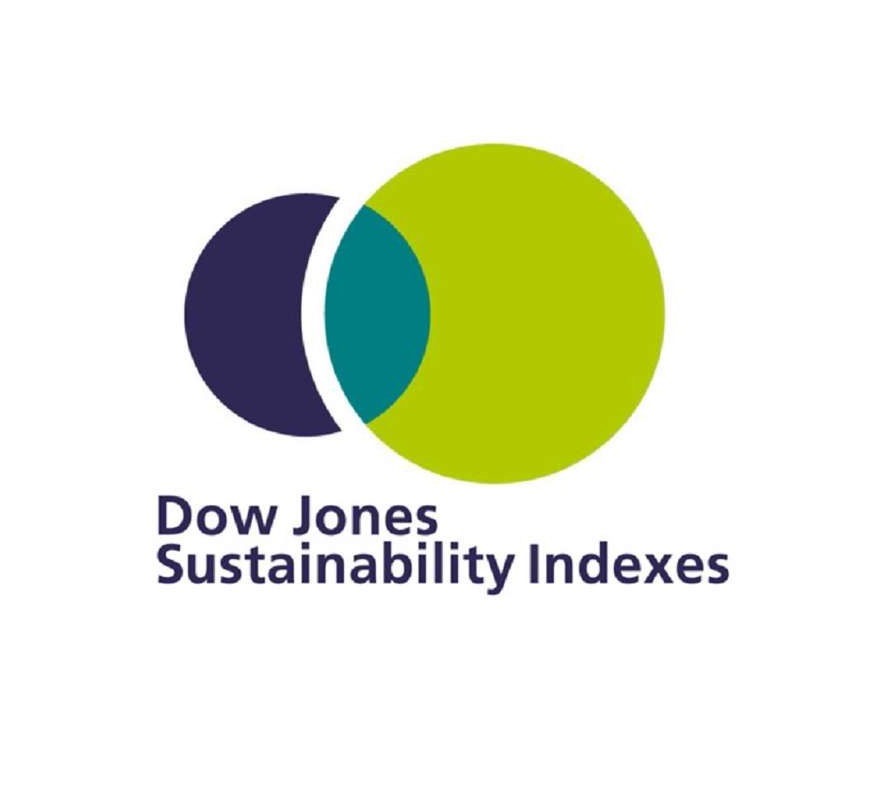There is something wrong with ESG ratings. Five days after the Swedish Prosecution Authority formally indicted Chairman Ian H. Lundin and Director Alex Schneiter of Lundin Energy for complicity in war crimes, their company was included in the S&P Dow Jones Sustainability Indexes (DJSI). According to the Swedish public prosecution, Lundin Energy’s operations in Sudan caused and contributed to war crimes. And by failing to know and address its human rights impacts, the company flouts the key requirement of the UN Guiding Principles. S&P Dow Jones prides itself of “combining rigorous company analysis, robust methodologies, and cutting-edge modelling to deliver state-of-the-art indices for … ESG benchmarking.” It claims to “exclude companies with activities in key negative ESG areas” and to be “Your Single Source of Essential Sustainability Intelligence.” But only a fool will find Lundin Energy’s social and governance performance tolerable.
DJSI is only the last ethical rating company that believes that Lundin Energy is praiseworthy. The company achieves top quartile performance with MSCI (AA rating), Sustainalytics (Medium Risk, top 5% in the industry), CDP (A-rating), Moody’s V.E (Top 3 industry leader) and ISS ESG (Prime Status), and is a constituent of the FTSE4Good Index.
These ratings create a false impression and misguide investors. Many ethical investors believe that DJSI , FTSE4Good and the others are benchmarks for ethical investing. They are not. While some of them refer in their explanation to Lundin’s direct links with war crimes, none of them gives this much weight. An indictment for the worst crimes known to mankind does affect one’s ESG rating. Whether the company’s response to this ‘controversy’ is in line with its human rights obligations is not factored in at all. This is deliberate. Whether or not a company is respecting human rights carries little weight in ESG rating methodologies. Rating agencies do not assess the actual environmental and social impacts of companies, but the risk to investors to lose money because of the way ESG issues are managed.
Explaining Lundin´s AA rating in a letter to PAX in August 2017, MSCI wrote `While our methodology oversight committees do occasionally permit adjustments to the model to place higher weight on a particular issue when there is a serious controversy, this happens only when we believe the controversy is or is likely to become highly financially material to the firm in the future. In Lundin’s case, while the allegations are serious and we have documented our assessment as such, we believe it unlikely that they will have significant long term negative financial impact on the firm.’ In other words, it doesn’t matter for your ESG rating what you do to people or the environment as long as it doesn’t affect the share price.
Another fundamental flaw in the rating systems is that good performance in one field can offset poor performance in another. The UN OHCHR states that it is a ‘… universal baseline responsibility that all companies have to respect human rights …’ and that nothing can ‘ … be used to offset or compensate for a failure to meet this responsibility.’ In existing rating systems, however, a company’s biodiversity policy can offset gross and systematic human rights violations. This is confusing and at odds with the very concept of human rights, and it is misguiding investors who chose ESG indices for ethical reasons.
Many investors have no time to digest the data underlying ESG ratings, which is why these are made in the first place. They may become directly linked with unwelcome practices through their investments, with no other excuse than to point at a positive rating.
The Swedish prosecutor has requested the court to declare Lundin Energy’s operation in South Sudan a criminal enterprise and forfeit all benefits. The burden of proof for war crimes is extremely high. For investors, it is sufficient to know that the company behaved utterly irresponsibly and that it has contributed to unspeakable human suffering. There is abundant evidence publicly available that it did. Lundin Energy’s Sudanese operations were arguably the least socially responsible enterprise in modern corporate history. Rather than showing a human face and cleanup its legacy, the company is now spending a fortune on dozens of aggressive and expensive lawyers with as sole purpose to keep its Chairman and largest shareholder out of jail.
The inclusion of Lundin Energy in all important ESG indexes shows that they need urgent reform. In addition to reviewing the system of issue offsetting, rating agencies should measure impacts and draw some clear red lines. This will require time. What they should and could do without delay is to exclude companies from their indices that are mishandling issues of paramount importance – international crimes, ethnic discrimination, modern slavery, impact of violent conflict, etc. – to make sure that the worst can longer pass for the best.



